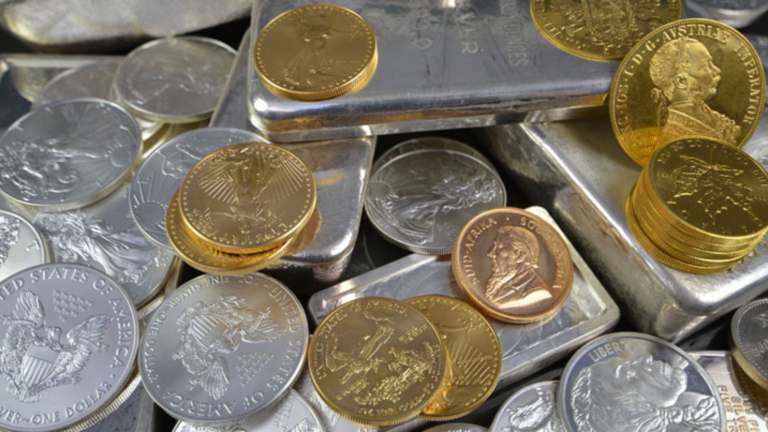
Contents
Geopolitical events wield a profound influence on global financial markets, particularly impacting the prices of safe haven assets like gold, silver, platinum, and palladium. Precious metals have long been considered safe-haven assets, sought by investors during times of uncertainty and geopolitical turmoil. This blog explores the intricate relationship between geopolitical events and the fluctuations in precious metal prices, examining historical precedents, contemporary examples, and the implications for investors.
Geopolitical Events and Precious Metal Prices: A Complex Nexus
Geopolitical events encompass a broad spectrum of occurrences ranging from political upheavals, international conflicts, trade disputes, to economic sanctions. The impact of these events on precious metal prices is multi-faceted and often interconnected with other market dynamics. Here’s a closer look at some key aspects:
- Safe-Haven Demand: During geopolitical crises, investors typically flock to safe-haven assets to shield their wealth from volatility in traditional financial markets. Precious metals, especially gold, historically serve as a store of value during uncertain times. The surge in demand for these metals tends to drive up their prices.
- Currency Devaluation and Inflation Hedge: Geopolitical instability can erode confidence in fiat currencies, leading to currency devaluation and inflationary pressures. Precious metals, being tangible assets with intrinsic value, offer a hedge against such economic risks. Consequently, their prices often rise as investors seek protection against purchasing power erosion.
- Supply Disruptions: Geopolitical tensions can disrupt the production and distribution of precious metals. Regions rich in these resources may experience supply interruptions due to conflicts or trade restrictions. Any disruption in the supply chain can exert upward pressure on metal prices due to reduced availability.
- Market Sentiment and Speculation: Geopolitical events influence market sentiment and investor psychology. Even speculative anticipation of potential geopolitical developments can impact precious metal prices. Traders often react swiftly to news and rumors, causing rapid price movements.
Historical Examples: Geopolitical Turmoil and Precious Metals
The relationship between geopolitical events and precious metal prices is well-documented through historical instances:
- Global Financial Crisis (2007-2008): The financial crisis triggered by the collapse of major banks and institutions saw a surge in gold prices as investors sought refuge from market instability and uncertainty.
- Brexit Referendum (2016): The UK’s decision to leave the European Union led to heightened geopolitical uncertainty, spurring a rally in gold and silver prices as investors feared economic repercussions.
- US-China Trade War (2018-2020): Escalating trade tensions between the world’s two largest economies fueled safe-haven demand for gold amidst concerns of a global economic slowdown. The impact of US China trade tensions was particularly significant, as investors sought refuge in gold to hedge against the uncertainty generated by these geopolitical developments. This trend underscored gold’s traditional role as a safe-haven asset during times of trade and economic uncertainty.
Contemporary Geopolitical Events and Precious Metals
Today’s geopolitical landscape continues to shape precious metal markets:
- Geopolitical Tensions in the Middle East: Political instability in the Middle East often causes fluctuations in oil prices, subsequently impacting broader market sentiment and boosting demand for safe-haven assets like gold.
- US-Russia Relations: Geopolitical rivalry between the US and Russia, particularly concerning Ukraine and Syria, has implications for global stability and commodity markets.
- Global Supply Chain Disruptions: Geopolitical events such as trade disputes or sanctions can disrupt global supply chains, affecting the availability of precious metals and thus influencing their prices.
Conclusion
In conclusion, the impact of geopolitical events on precious metal prices underscores the complex interplay between global politics and financial markets. Investors closely monitor geopolitical developments for insights into market trends and risk assessment. Precious metals remain a cornerstone of diversified investment portfolios, offering stability and resilience during periods of geopolitical uncertainty. Understanding this relationship can empower investors to make informed decisions and navigate volatile market conditions effectively. As geopolitical dynamics evolve, so too will the influence on precious metal prices, emphasizing the enduring relevance of this symbiotic relationship in the world of finance and investment.